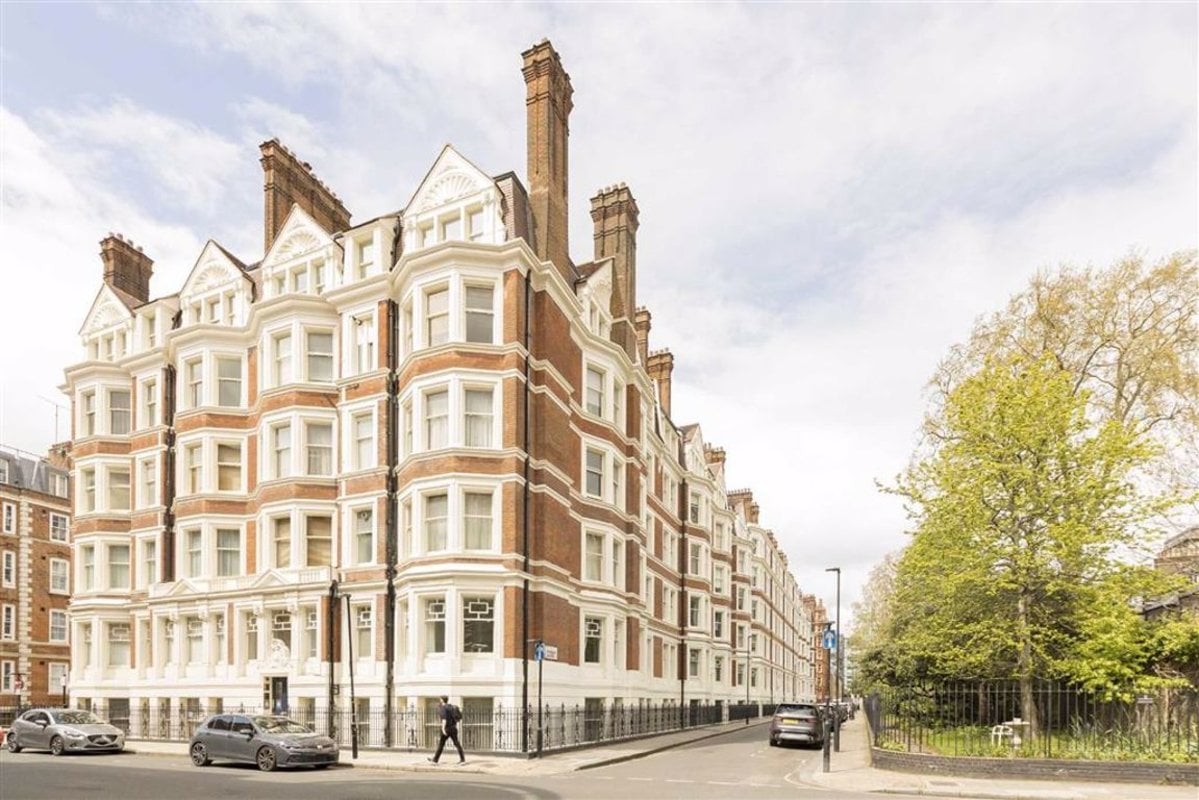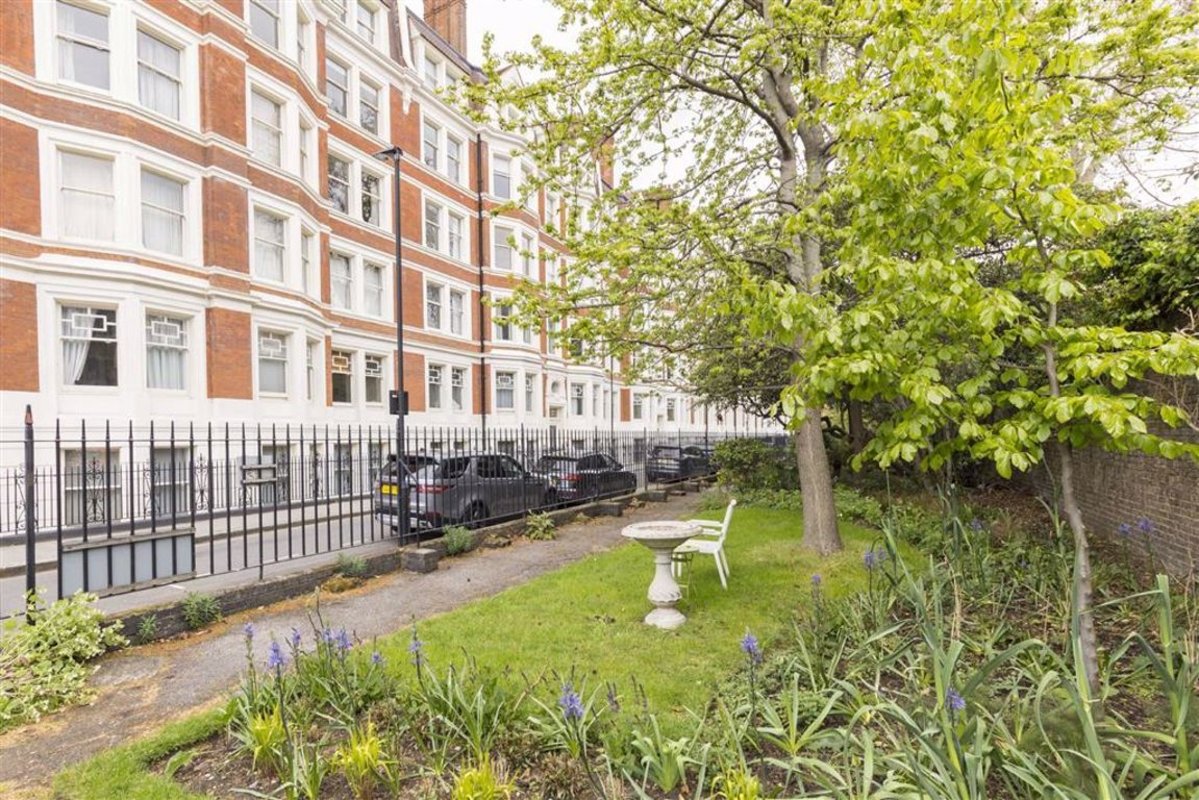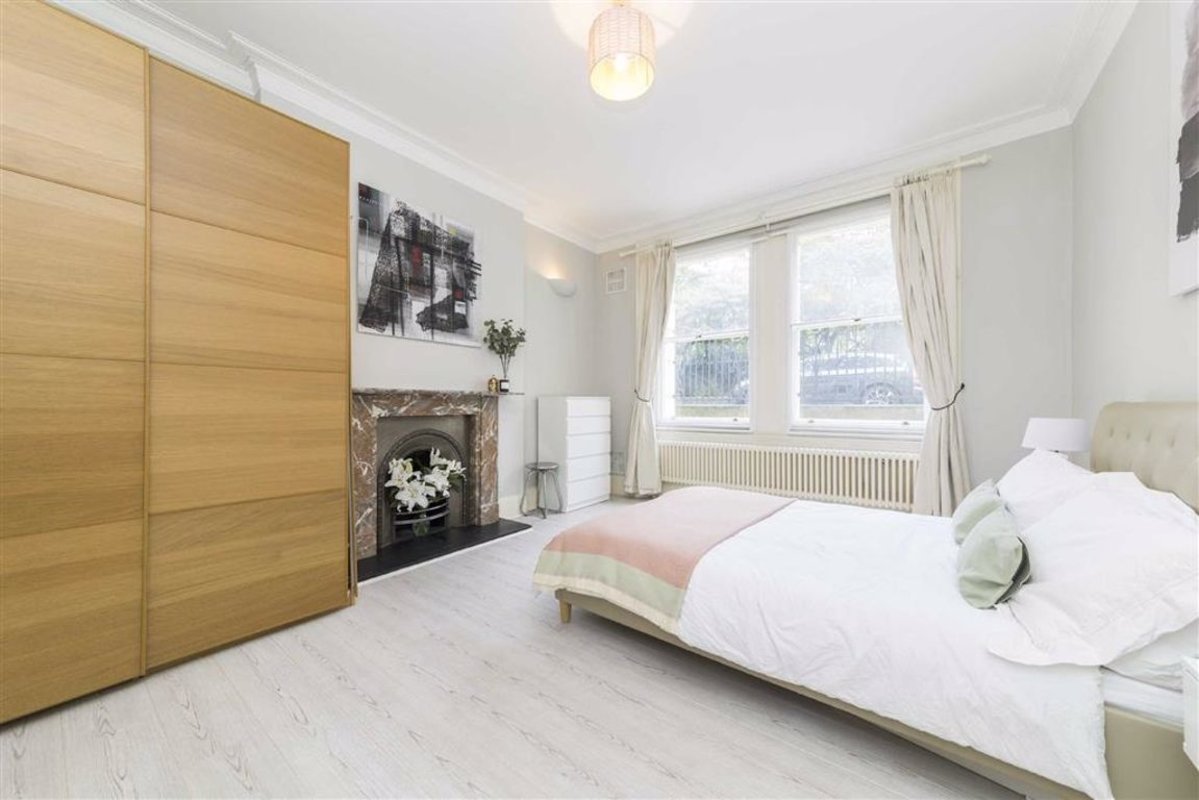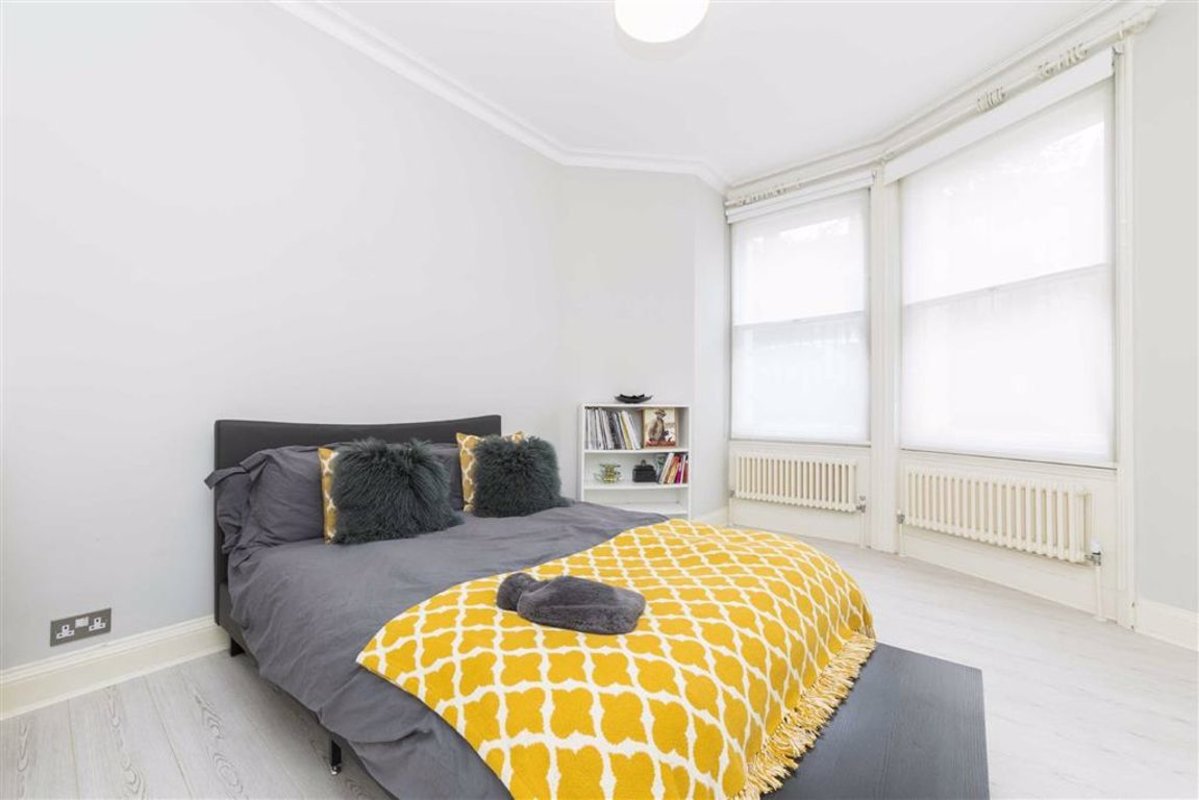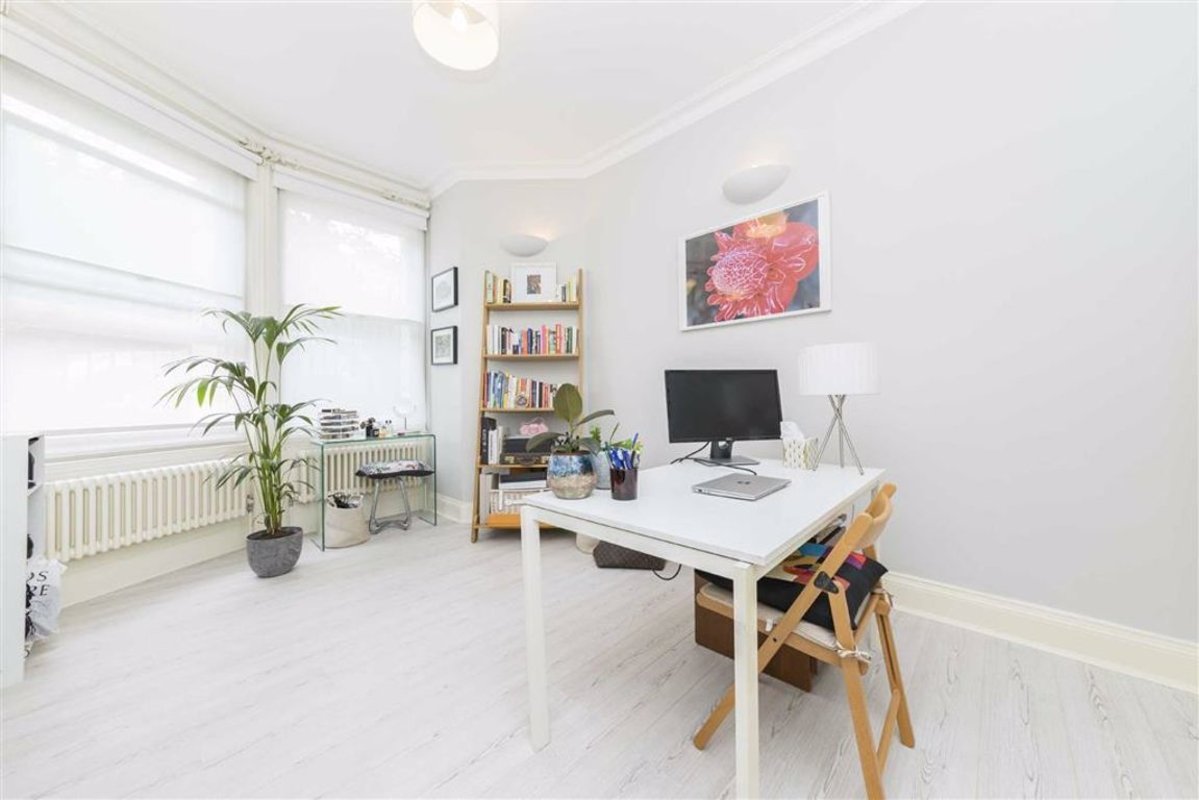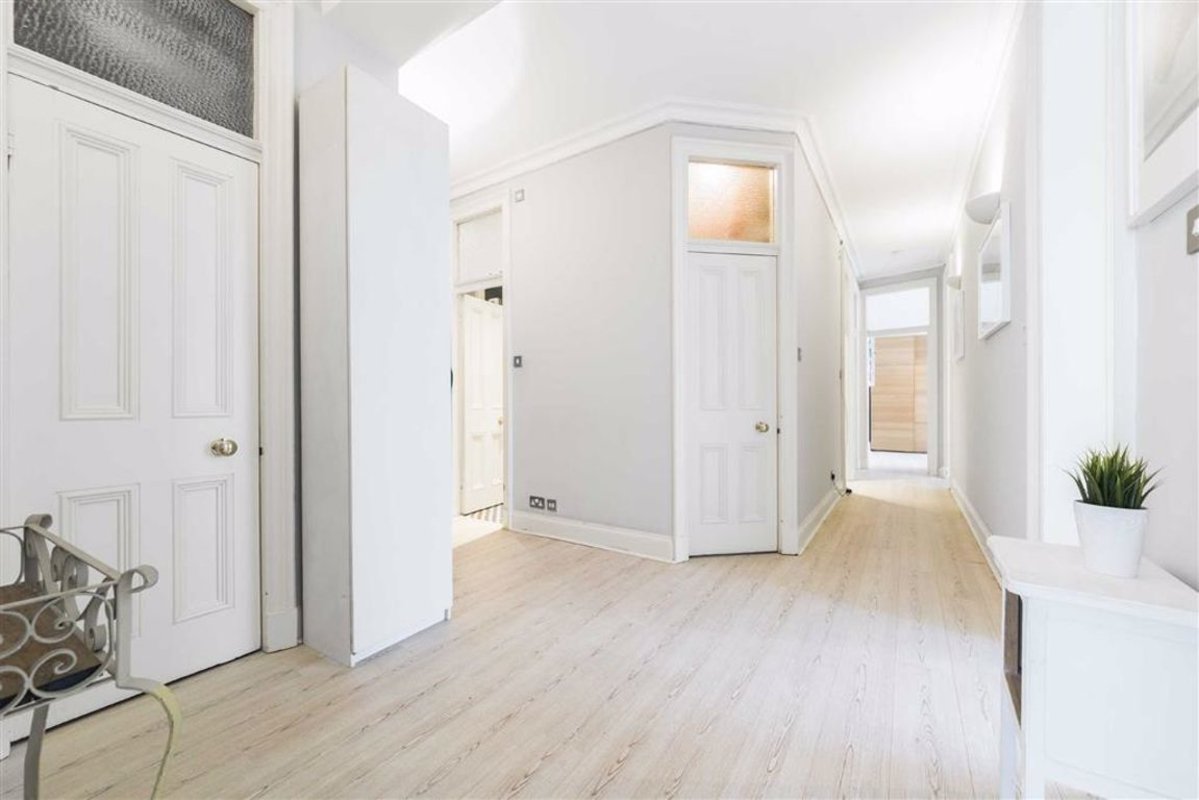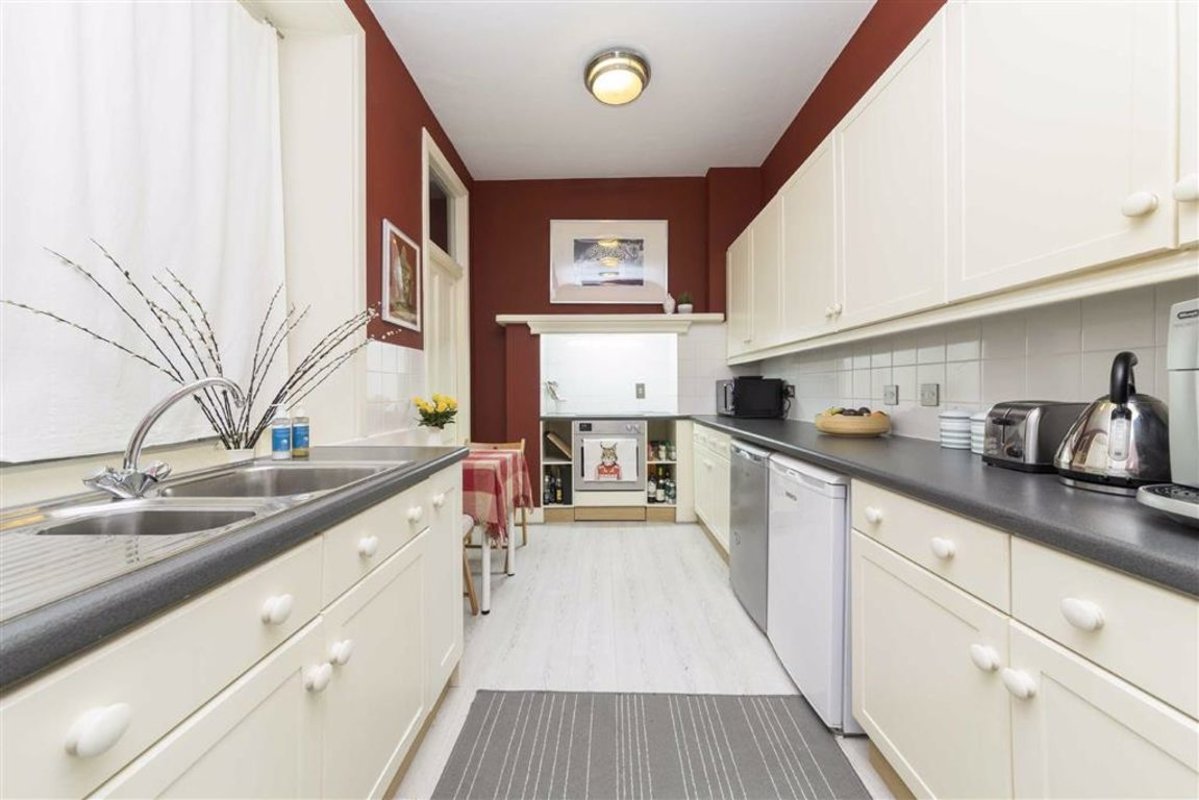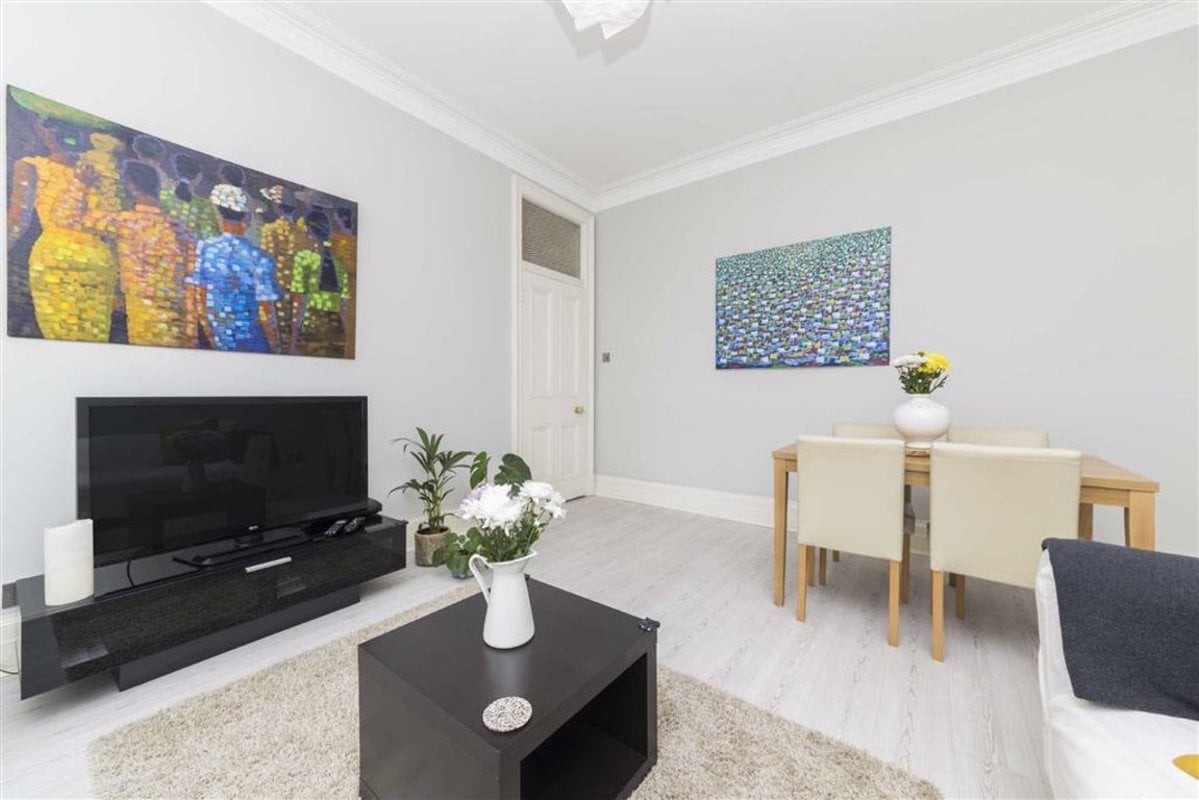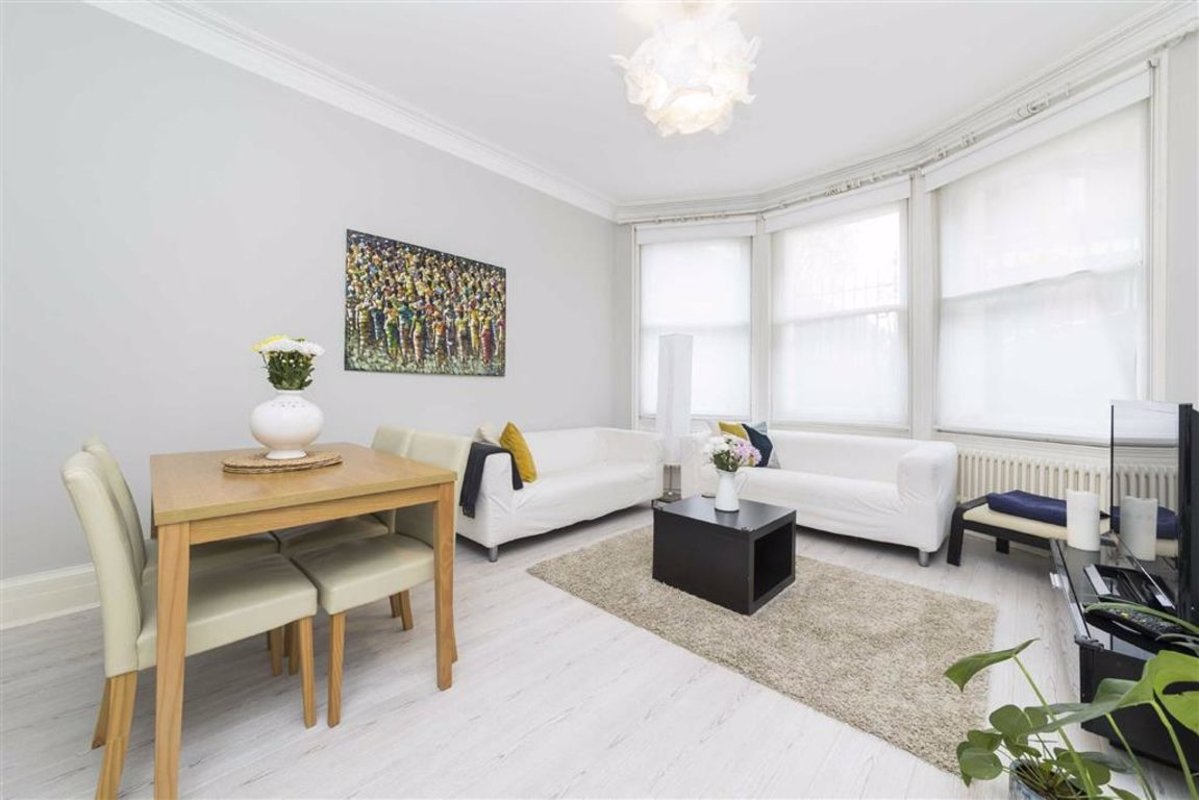Bob Marley’s Former London Apartment On Sale For £1.65 Million — See Photos
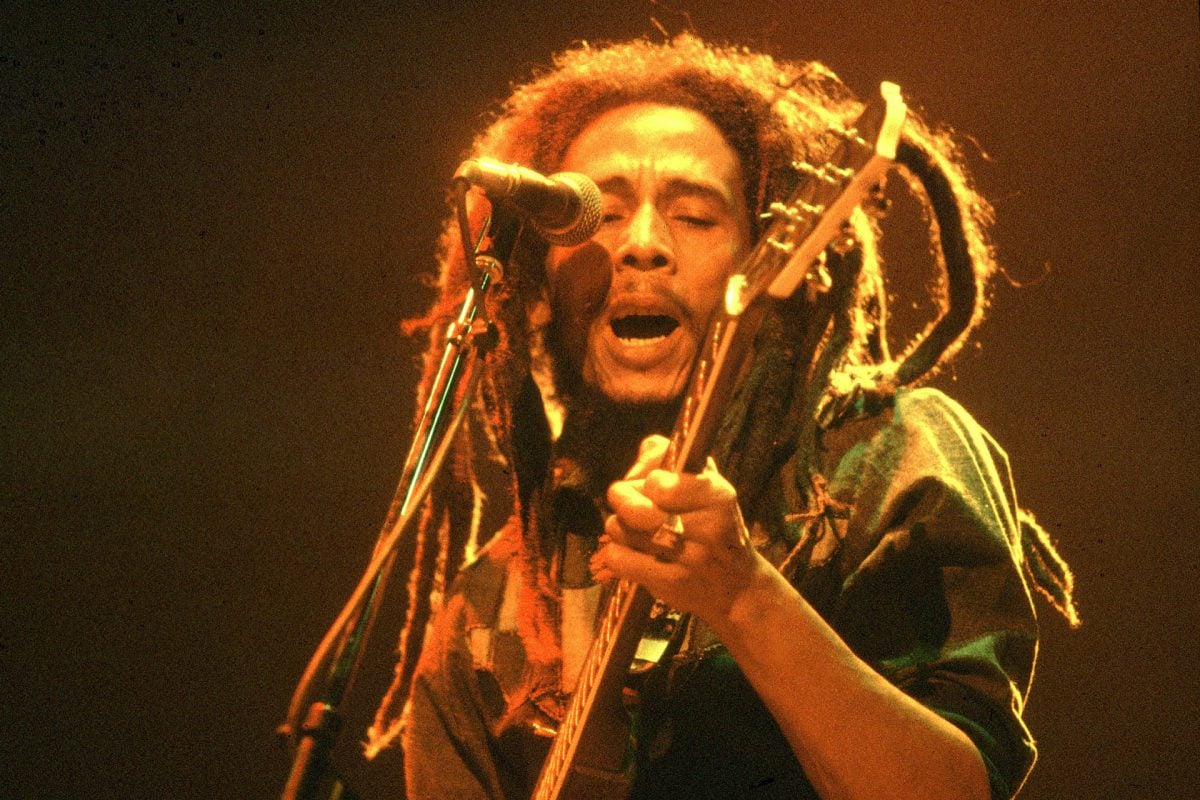
The Bloomsbury apartment in London where Bob Marley’s first lived in 1972 when he came to England’s capital to launch his career outside of Jamaica, is being sold for £1.65 million, the British media have reported.
The apartment is located in Ridgmount Gardens, Bloomsbury, between Tottenham Court Road and Gower Street, and is less than half a mile to University College London, according to reports.
Dexters, the real estate company where the property is listed as being “under offer”, describes the 1890-built facility as a “beautiful well-presented four-bedroom apartment situated on the entrance floor within this popular Victorian mansion block”, regarded as one of Bloomsbury’s finest.
Back in 1972, after being invited by American soul singer Johnny Cash to support his UK tour, The Wailers had performed at several venues within the capital to try and land a big record deal and during that time they met Island Records’ Chris Blackwell with whom they forged a fruitful musical relationship, which propelled their careers.
According to the Metro UK, in observance of Black History Month in 2006, a blue cultural heritage plaque for Marley was unveiled at Ridgmount Gardens by The Nubian Jak Community Trust and mayor Ken Livingstone, marking the property as “the first London home of the ‘singer, lyricist and Rastafarian icon’”.
The apartment is further described by the Real Estate agency as “facing the favoured Ridgmount Gardens side, with view into the communal gardens” and having “an abundance of natural light throughout”, high ceilings”, plus wooden flooring throughout. It has also retained some of the buildings original features, such as its red brick façade, period fire places and windows, they noted.
Like Bob Marley and his Wailers compatriots, the buyer of the property will have access to “flexible living/sleeping accommodation, a large entrance area, a spacious reception/dining room with bay window, an eat in kitchen, four double bedrooms, two bathrooms, a utility room and an abundance of storage space”.
The property owner will also benefits from access to the communal residents garden and have the right to apply for access to Bedford Square Gardens.
According to Time Out, a London-based media and hospitality company, the property’s decor no longer reflects the Marley era, as “the floors, ceilings, walls and furniture all keeping to an all-white aesthetic”.
“But a blue cultural heritage plaque is proudly mounted on the exterior. It was unveiled by his widow, Rita, in 2006 as part of Black History Month. Marley’s is one of only 4 percent of London’s 900 blue plaques dedicated to Black and Asian figures across the capital,” it noted in an article published titled Bob Marley’s London flat is on the market for a cool £1.65 mil.
The BBC noted in an article which traced Marley’s London sojourns, that the One Love singer regarded London as his “second base and spiritual home”, according to music historian Russell Clarke and had indeed “ lived at 34 Ridgmount Gardens in 1972 when he first came to England, just as his group the Wailers were making a name for themselves”.
Marley, the article said, calculated that 30 percent of his time in his first 10 years of recording were spent in London, “putting down roots in the burgeoning communities of Harlesden and west London focused on the Caribbean”.
In addition, it said, Marley is “associated with at least three other addresses in the capital, living and working in them aside from the many places he visited, played or hung out in”.
“Some are long-gone music venues such as the Greyhound in Fulham Palace Road and the Rainbow in Finsbury Park. As a keen footballer he also enjoyed kickabouts in Battersea Park and at a sports centre in Fulham,” the BBC wrote.
However, the BBC said that Contrary to the official version, the St. Ann native’s story started in fact in early 1971, at 12a Queensborough Terrace W2, a Bayswater bread and breakfast-style hotel, where the conditions were so unideal for Rastafarians that Bob, Peter Tosh and Bunny Wailer complained so much that their management eventually moved them out.
“Accompanied by Neville ‘Bunny’ Livingstone and Peter Tosh, the fledgling Wailers shared one room here without a kitchen for three months – at considerable cost to their lifestyle,” the BBC noted.
According to the 2011 report titled Bob Marley’s London life on 30th anniversary of death , because they were all followers of Rastafari and unable to cook for themselves their type of food, “they existed on fish and chips and Indian vegetarian food in between rehearsing and writing songs”.

